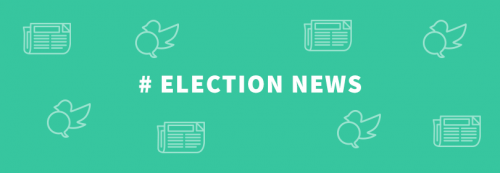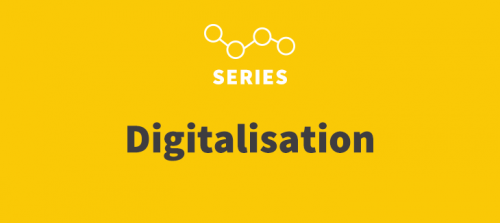
Northern Ireland elections took place yesterday for the second time in less than a year. Read more about the significance of the election, its results and the delicate power-sharing arrangement at the centre of politics in Northern Ireland. Continue reading

We spoke to Ms Friedrich, the division manager of the board of directors at VR Bank Kitzingen eG about their recent representative election which they conducted with POLYAS. They were able to increase their voter turnout and reduce time lost managing their elections while simultaneously cutting costs. We caught up with Ms Friedrich to ask her about why the bank chose to offer online voting.

Rapid technological innovation, coupled with the rise of the service-based economy, is fundamentally changing the way we work. Work in the digital era is becoming less restricted by time and place, as companies seek to keep both employees and customers happy by offering flexibility in working arrangements and services. In this new blog series, we take a look at the changing nature of work in the digital era – starting with a brief history of work. Continue reading

The Ecuadorian presidential election took place yesterday and it seems likely that a runoff election may be needed. Despite celebrations by the incumbent president Rafael Contigo and his hand-picked successor Lenín Moreno, no candidate has secured enough votes to win outright.
Continue reading
The ballot is stronger than the bullet
Abraham Lincoln (1809-1865) The 16th President of the United States

The major US news networks that make up the National Election Pool have enjoyed a monopoly over the collection of exit polling data for almost three decades. However, the 2016 presidential election saw the emergence of some new, digitally minded individuals involved in exit polling. Continue reading

In 2015 the speaker’s commission published a report “Open Up!” recommending a series of changes and policy recommendations to keep parliament up to date in today’s digital world. Some of the changes were radical, some were less so and most of them made sense. The report gives us a fantastic starting point from where we can explore Digital Democracy further in the coming weeks. Continue reading

